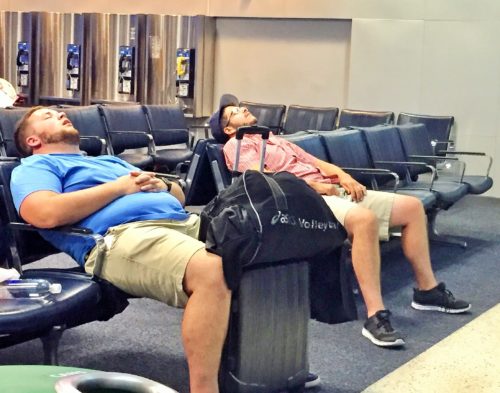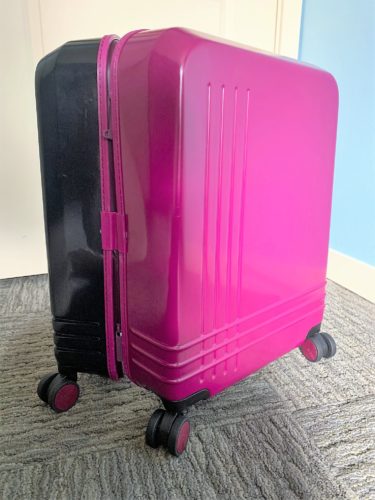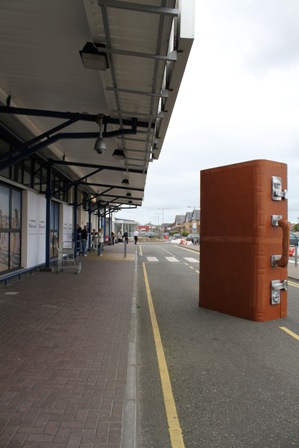
As another month of being grounded kicks in, here are some travel tidbits that got our attention.
Delta Air Lines’ “No Mask- No Fly” list is growing
If the rule is “Wear a mask when you’re on the plan,” then we’re all for passengers being put on no-fly lists if they don’t comply.
Delta Air Lines says it now has about 130 people on its “no mask – no-fly” list.
Miss airline food? This company will sell you some
Tamam Kitchen, which provides in-flight meals for Israel’s El Al airlines, Turkish Airlines and some other international carriers that fly out of Tel Aviv, is selling its meals to people on the ground.
The Future of Business Travel

We found some interesting insights about what business travel might look like in the future in a new global survey from SAP Concur, a company that tracks business expenses for companies.
96% of business travelers surveyed expect their employer to make critical changes when travel resumes.
Those changes include mandatory personal health screenings for traveling employees (39%), limiting business travel to only the most business-critical trips (39%), and easier access to PPE like gloves or facemasks (33%).
What is the plan if employers do not make changes?
65% of respondents intend to act if their employer does not make these changes:
Nearly one in five (18%) plan to look for a new role inside or outside the company that does not require travel. That number is higher in the U.S., where nearly one in four (23%) plan to consider new roles that do not require travel if their concerns are not addressed.
Where do you stand on these questions?
